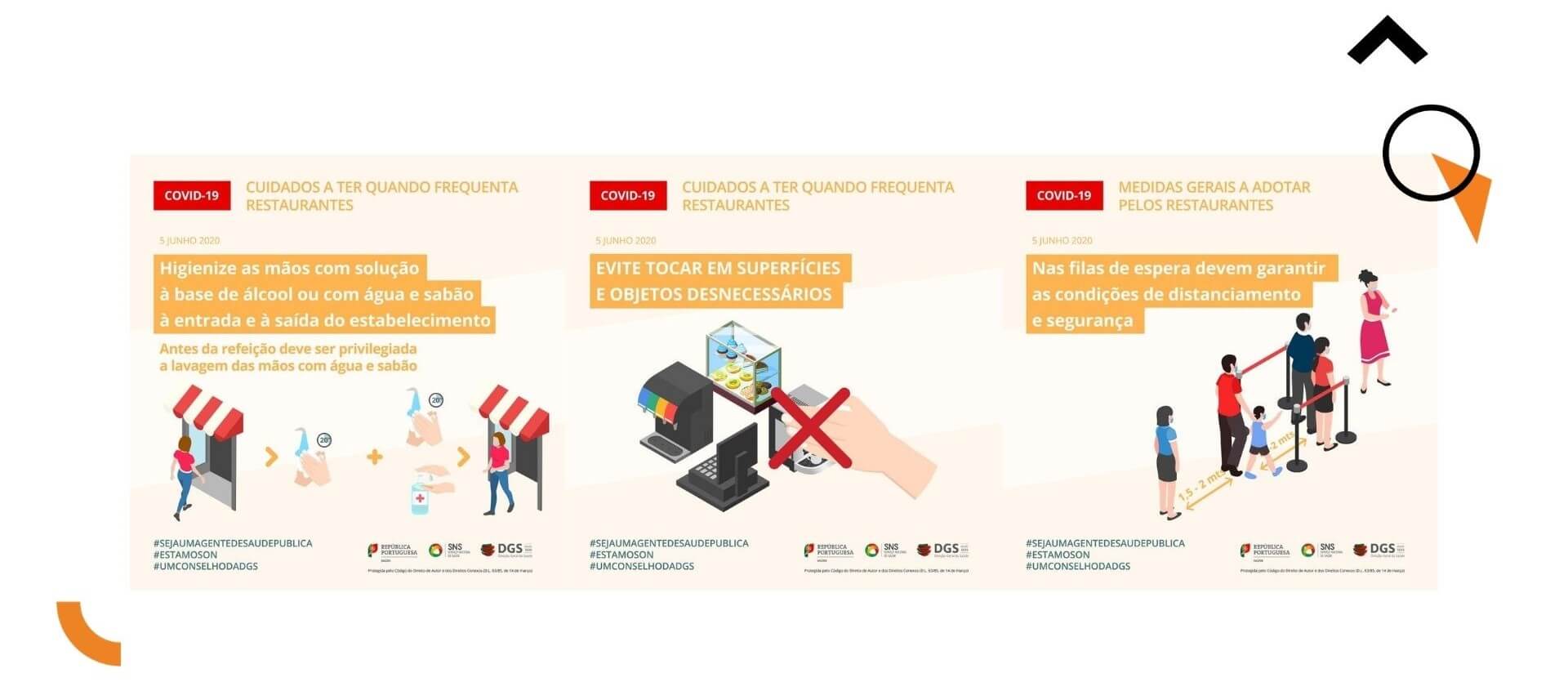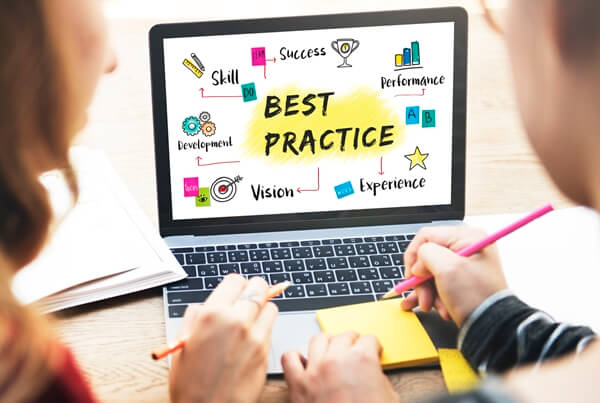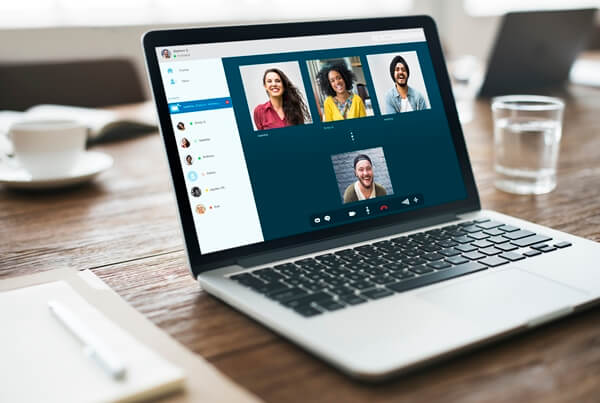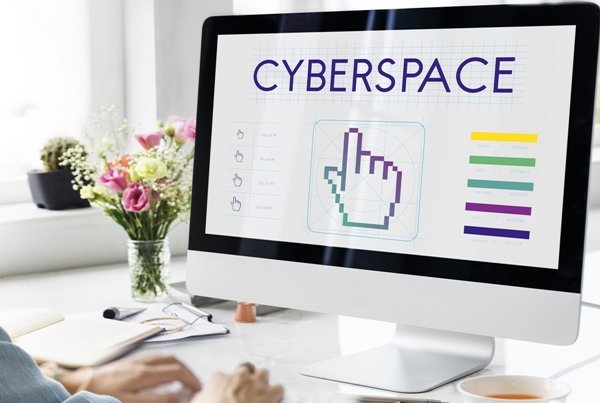Rules to Organize Events – 2020
It may not be easy to go ahead with an event right now, but it is not impossible, even with COVID. After months without activity due to COVID, there are several event organizers looking for rules and guidelines to prepare the coming months. Because we want to help, Last2Ticket’s team gathered the procedures followed by some of the entities that managed to implement events in Portugal. Be aware: in case of changes we will update this article.
Daily attention to communications, contacting the responsible entities and play it as safe as possible are the keys to organize an event in times of COVID.
1. Ensure the venue or event isn’t in the forbidden activities list
Activities such as those connected with clubs and bars remain seriously limited or banned, so the event type and location are decisive at this point. Official platforms such as Diário da República Eletrónico have reliable information (although not always easy to read), organized by thematic areas.
2. Define and show individual protection and hygiene rules
The mask use should be strongly encouraged or even mandatory, specially in closed venues. Hands and shoes hygiene at the entrances and exits, as well as between regions of the event itself should be encouraged.
The availability of disinfectant material and all the procedures that the event is following is highly recommended.

3. Ensure an event plan that allows circulation circuits and well-defined distances
According to DGS, keeping at least 2 meters of distance between each individual is absolutely crucial to minimize the virus transmission. Also, defining one-way routes using easily identifiable physical barriers are among the measures to be implemented.
Having multiple entry and exit points also avoids concentrations at those points and it should be considered.
4. Ensure real time capacity control and emergency contacts
Knowing how many people are in and out is crucial for the event to happen. Bet on fully digital check-in and check-out tools that allow real-time counts. Also, keeping a fast and safe access to the contacts of all those present at the event on a given day may come in hand.

5. When in doubt, consult national and local authorities
The rules change quickly and we all know that. Following the DGS, ASAE and GNR websites can provide valuable information to organize your event. You should also consult with these entities as to whether your event is allowed, and what recommendations are presented to you.
Extra: Define a return & exchange policy before the purchase starts
Cheer for the best, but prepare for the worst: your event may have to be postponed or cancelled indefinitely, and although it isn’t anyone’s fault, disputes will be inevitable. However, you can prepare this scenario: create tickets without a return option (but more affordable) and premium tickets with a return option is an increasingly common policy that is worth considering.
Whatever you decide, choose rules and procedures transparency from the very first moment. We are here to help with any question, with a team that replies to the challenges that are in place, with the flexibility that (everyone) needs.














